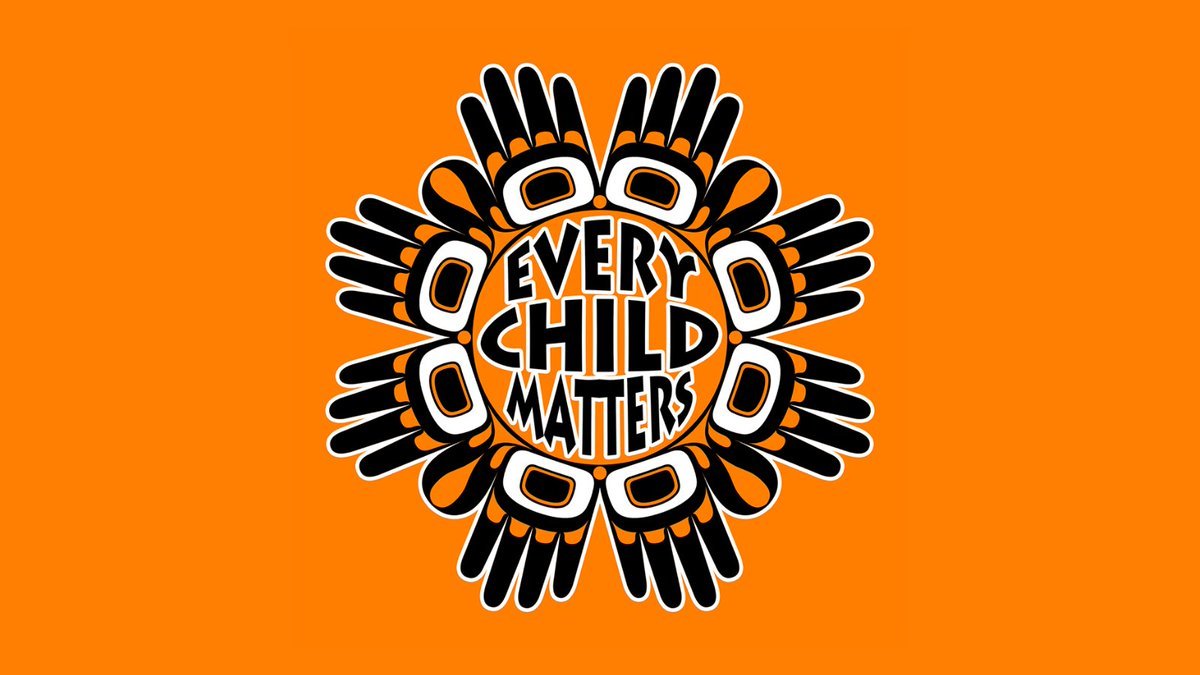SERVICES
Dr. Oberth provides treatment services for children, adolescents, and adults experiencing a range of mental health concerns and other challenges, including:
Anxiety (e.g., generalized anxiety, social anxiety, separation anxiety, specific phobias, perfectionism)
Stress and adjustment concerns
Obsessive-compulsive disorder
Low mood/depression
Coping with acute and chronic health conditions
Somatization (i.e., the physical expression of stress)
Emotional dysregulation
Relationship challenges
Sleep difficulties
Dr. Oberth also provides parent training and support.
COGNITIVE BEHAVIOURAL THERAPY (CBT)
This approach helps clients understand how their thoughts, feelings/physical sensations, and behaviours are all connected. CBT can help children, adolescents, and adults (a) challenge unhelpful thoughts and adopt more helpful thinking patterns; (b) manage difficult or uncomfortable emotions; and (c) engage in different or more helpful behaviours. Many of these skills can promote more effective problem-solving, flexibility/freedom, and self-compassion.
ACCEPTANCE & COMMITMENT THERAPY (ACT)
This approach helps clients understand that life involves an ever-changing flow of emotions and aims to promote a rich and meaningful life. ACT can help children, adolescents, and adults (a) manage, accept, and appreciate difficult or uncomfortable thoughts, emotions, memories; (b) identify important values and live according to those values; and (c) improve psychological flexibility (i.e., being open, present, and doing what matters).
DIALECTICAL BEHAVIOUR THERAPY (DBT)
This approach helps clients understand how intense emotions are impacting their life. DBT can help adolescents and adults (a) improve emotion regulation and distress tolerance; (b) improve interpersonal effectiveness (i.e., building and maintaining healthy relationships); and (c) change unhelpful or problematic behaviours.
BEHAVIOURAL PARENT TRAINING
This approach helps parents or caregivers understand that almost all child behaviour serves a function, and supporting children is largely about understanding their needs and adjusting the environment in which they live. Parent training can help promote positive parenting skills and collaborative problem-solving, manage challenging child behaviours, and improve a child’s self-regulation skills. Parent support can also help with distress tolerance and frustration tolerance, ultimately fostering a more harmonious caregiver-child relationship.
Everyone is welcome. Everyone is respected.
Dr. Oberth firmly believes in improving the availability, accessibility, and acceptability of mental health supports for diverse groups, in terms of individual and cultural differences.
Anti-racist psychologist agreemenT
I am racist (even when I don't mean to be, am working actively to not do harm, and care deeply for my clients). I will work actively towards acknowledgment of how I am racist, how my behaviours are reflective of a racist system, how I specifically benefit from this system, and target ways that I can build a supportive culture for BIPOC in my practice.
I will acknowledge my biases and privileges. Some biases may be unconscious and I will work actively to develop a racial consciousness.
I will approach with curiosity and work to reduce defensiveness.
I will take risks. I will acknowledge and repair when the impact is racist. I will model effective anti-racist behaviour in front of my clients and colleagues.
I will not ignore racism. I will address it directly, clearly, and immediately.
I will educate myself about the institutional legacy and space I am inheriting.
I will intervene at the approriate level (institutional, structural, group, individual, familial).
Dr. Faria Kamal, 2023




